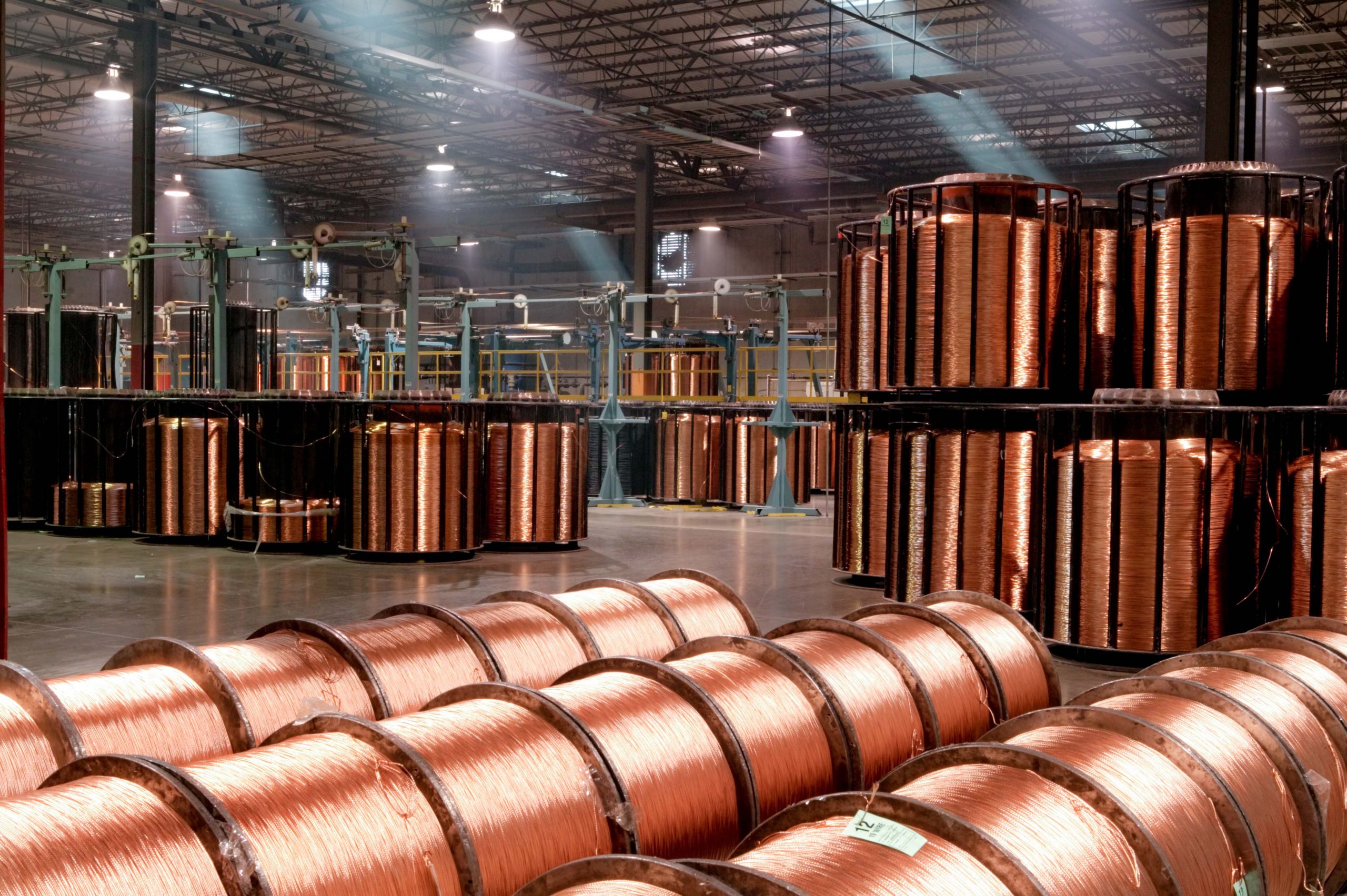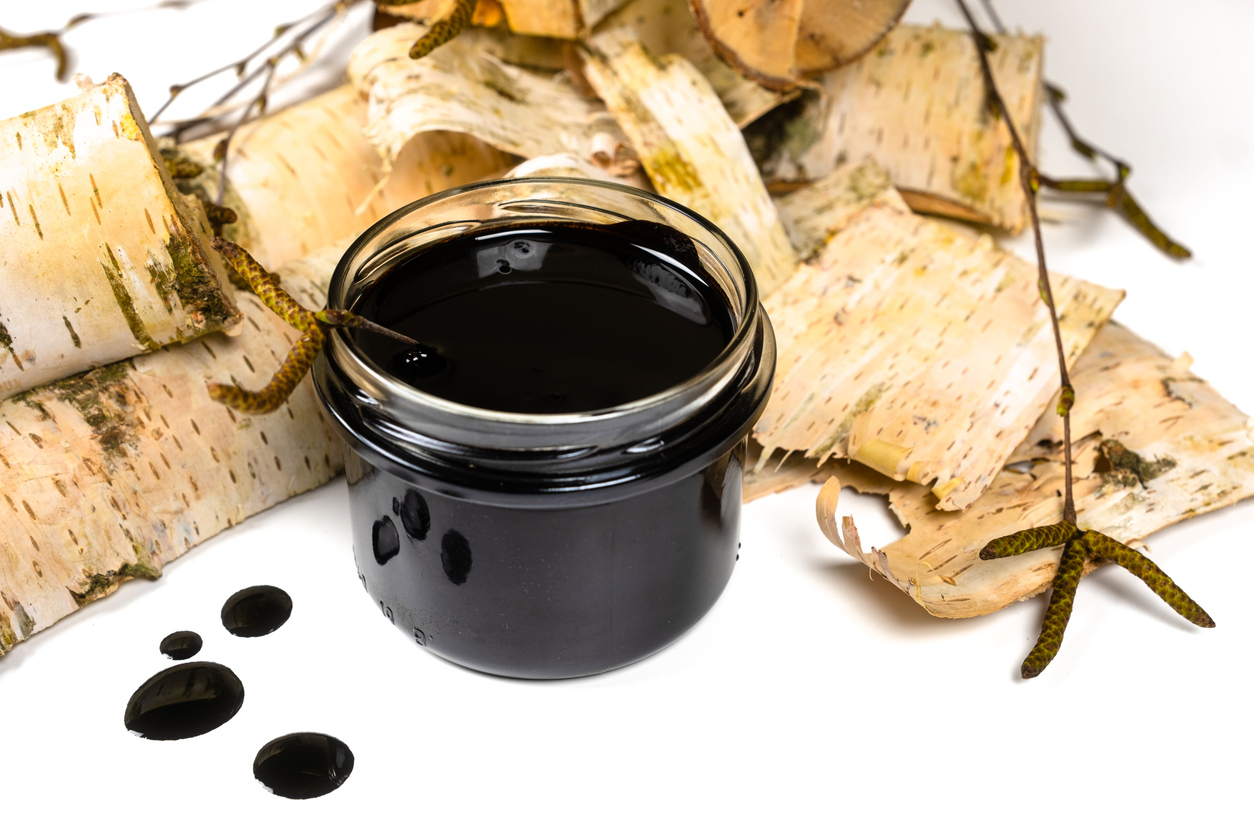How to Export Refined Copper from Nigeria
How to Export Refined Copper from Nigeria
Mining and exporting refined copper is one of the most profitable industries in Nigeria. Copper is a metal that is used to manufacture different items such as pipes, coins, and wires. As the demand for these products has increased, the value of copper has also risen. The Nigerian government has been encouraging more businesses to start mining and exporting refined copper. However, with this opportunity comes some potential risks. For example, if you don’t export your refined copper correctly, it can cause problems with your country’s economy and reputation abroad. Here are some steps you can take to make sure you’re exporting your refined copper legally and safely:
Why Should You Care About Exporting Refined Copper?
You should care about exporting your refined copper because it can cause problems for your country’s economy and reputation abroad.
Mining and exporting refined copper is one of the most profitable industries in Nigeria. Copper is a metal that is used to manufacture different items such as pipes, coins, and wires. As the demand for these products has increased, the value of copper has also risen. The Nigerian government has been encouraging more businesses to start mining and exporting refined copper. However, with this opportunity comes some potential risks. For example, if you don’t export your refined copper correctly, it can cause problems with your country’s economy and reputation abroad.
Nigerians are still waiting for the government to approve new mining guidelines that will help them export their refined copper legally and safely. Until then, miners are being asked to abide by some guidelines that have been in place for some time.
The goal of these guidelines is to help miners avoid any legal consequences when exporting their refined copper. Failure to do so can have consequences for Nigeria on an international scale.
Here are some steps you can take to make sure you’re exporting your refined copper legally and safely:
Obtain a license from the Ministry of Mines
Register your
The Nigerian Economy
Nigeria has been very encouraging of this industry. However, there are some risks that come with it. Firstly, exporting refined copper incorrectly can lead to many risks. If you export too much, it can cause your country to have a major deficit. If you export too little, it can cause an export surplus, which will cause your country’s currency to decrease in value.
Secondly, exporting refined copper can effect your country’s reputation abroad. For example, if Nigeria exports refined copper products to a country that is on the U.S.’s sanction list, Nigeria will be denied access to the U.S. market.
Lastly, exporting refined copper products without the proper paperwork can be risky for businesses. It can lead to corruption and funding terrorism. You need to make sure that you are exporting legally by following the correct procedures and documentation. This is especially important for businesses that are exporting refined copper to countries on the U.S.’s sanction list.
What are the Export Laws for Refined Copper?
One of the first steps in learning how to export refined copper is understanding the export laws. One of the most important factors in exporting refined copper is ensuring that you are meeting all of the necessary requirements. If you are found exporting refined copper without meeting these requirements, you could be charged with illegal exportation.
The Nigerian government has set out certain requirements that need to be met in order to export refined copper. They are as follows:
1. You must have a license
2. You must have an import permit
3. You must have a re-export certificate
4. You must have a certificate of origin or certificate of product specification
5. You must have a certificate of quality
6. You must have a certificate of manufacture
7. You must have a health certificate
If you plan to export refined copper, you should always ensure that you are meeting all of these requirements. Otherwise, you risk being penalized for not doing so!
Shipping Refined Copper Overseas
To export refined copper you must have a license from the Nigerian government. The license is typically issued by the Nigerian Export Promotion Council. Without a license, you will be breaking the Nigerian government’s laws.
The next step in exporting refined copper is to determine which country you want to sell it to. This is a very important decision because there may be different regulations in each country. For example, some countries may not allow for refined copper to be shipped there.
In order to make sure your cargo is not seized during the export process, you should make sure it is labeled with a certification from Nigerian Customs Service. This will certify that the cargo is not a prohibited good and has been inspected by the Nigerian Export Promotion Council.
Once you have all of these things in order, there are two more steps required: packing and transporting. The cargo should be packed in a container which is sealed and marked with the Nigerian Export Promotion Council’s seal and your name and contact information. If you’re shipping more than one container of copper overseas, each container should also have the same certification label on it. Now that you know how to safely export refined copper, it’s time to start making money!
How to Make Sure You Export Refined Copper Safely
There are two ways to export your refined copper from Nigeria: legal and illegal. If you choose to export your refined copper illegally, there are a number of risks that you could be putting your business and country at. For instance, exporting illegal refined copper could be considered smuggling and it could result in extreme penalties.
Illegal export could also cause problems with your country’s reputation abroad. Countries may refuse to buy products from Nigeria if they think Nigeria is exporting illegal refined copper.
Regardless of whether or not you choose to export your refined copper legally or illegally, make sure you do your research and understand the risks.
If you’re still unsure about how to export refined copper, you should consult a lawyer who specializes in importing and exporting. A lawyer will be able to assist you with the legalities of exporting.








LEAVE A COMMENT
You must be logged in to post a comment.